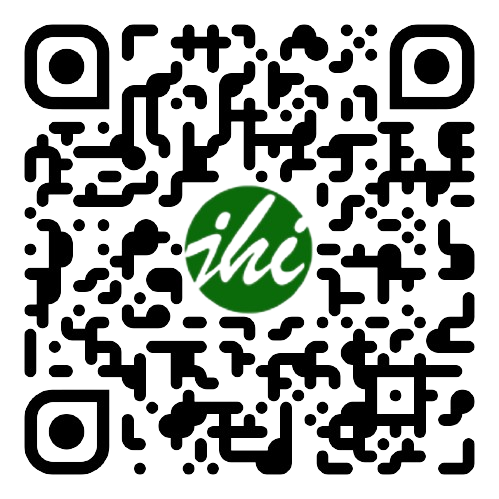EKOLOGI BERBASIS SYARIAH: ANALISIS WACANA KRITIS PEMIKIRAN MUDHOFIR ABDULLAH
DOI:
https://doi.org/10.28918/jhi.v13i1.496Abstract
This study aims at analyzing Mudhofir Abdullah's thought on environmental conservation as the final aim of sharia. Up to present, there have been five principles of sharia, al-maqasid al-syari‘ah, which includes nurturing religion, souls, dignity, wealth and descendants. Environmental problems (al-bi‘ah) have never been included in the analysis of al-maqasid al-syari‘ah. Through literature study with critical discourse analysis approach, the results of this study indicate that: (1) Al-Quran as a source of knowledge, provides insights and discusses ecological and environmental issues, (2) as a religious text, verses in Al quran which deal with ecological and environmental issues should be contextually understood by employing eco-ushulfiqh; and (3), without ecological and environmental guarantee, al-maqasid al-syari‘ah may not be able to be achieved. Therefore, according to Mudhofir's thought, ecological and environmental issues should be the top concern in sharia. Within Islamic study context, Mudhofir has broadened the horizon on how Islamic teaching can answer the challenge of ecological and environmental problems within society.
Downloads
Published
How to Cite
Issue
Section
License

This work is licensed under a Creative Commons Attribution-ShareAlike 4.0 International License.
Jurnal Hukum Islam use a variety of waivers and licenses that are specifically designed for and appropriate for the treatment of data:
- Open Data Commons Attribution License, http://www.opendatacommons.org/licenses/by/1.0/(default)
- Creative Commons CC-Zero Waiver, http://creativecommons.org/publicdomain/zero/1.0/
- Open Data Commons Public Domain Dedication and License, http://www.opendatacommons.org/licenses/pddl/1-0/
Other data publishing licenses may be allowed as exceptions (subject to approval by the editor on a case-by-case basis) and should be justified with a written statement from the author, which will be published with the article.













.png)














